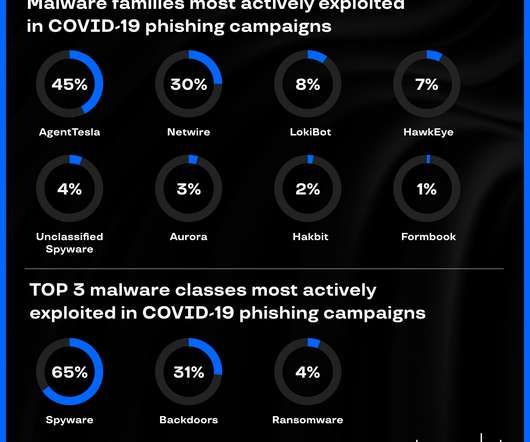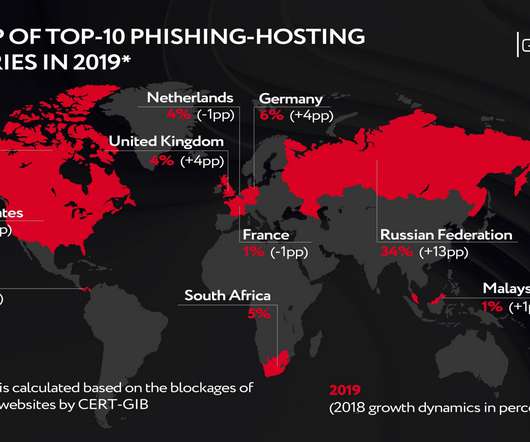Malvertising campaign on PornHub and other top adult brands exposes users to tech support scams
Malwarebytes
FEBRUARY 12, 2021
Threat actors involved in tech support scams have been running a browser locker campaign from November 2020 until February 2021 on the world’s largest adult platforms including PornHub. In all, we detected close to 100 decoy domain names set up as “advertising landing pages” used to redirect victims to browser locker scams.






















Let's personalize your content